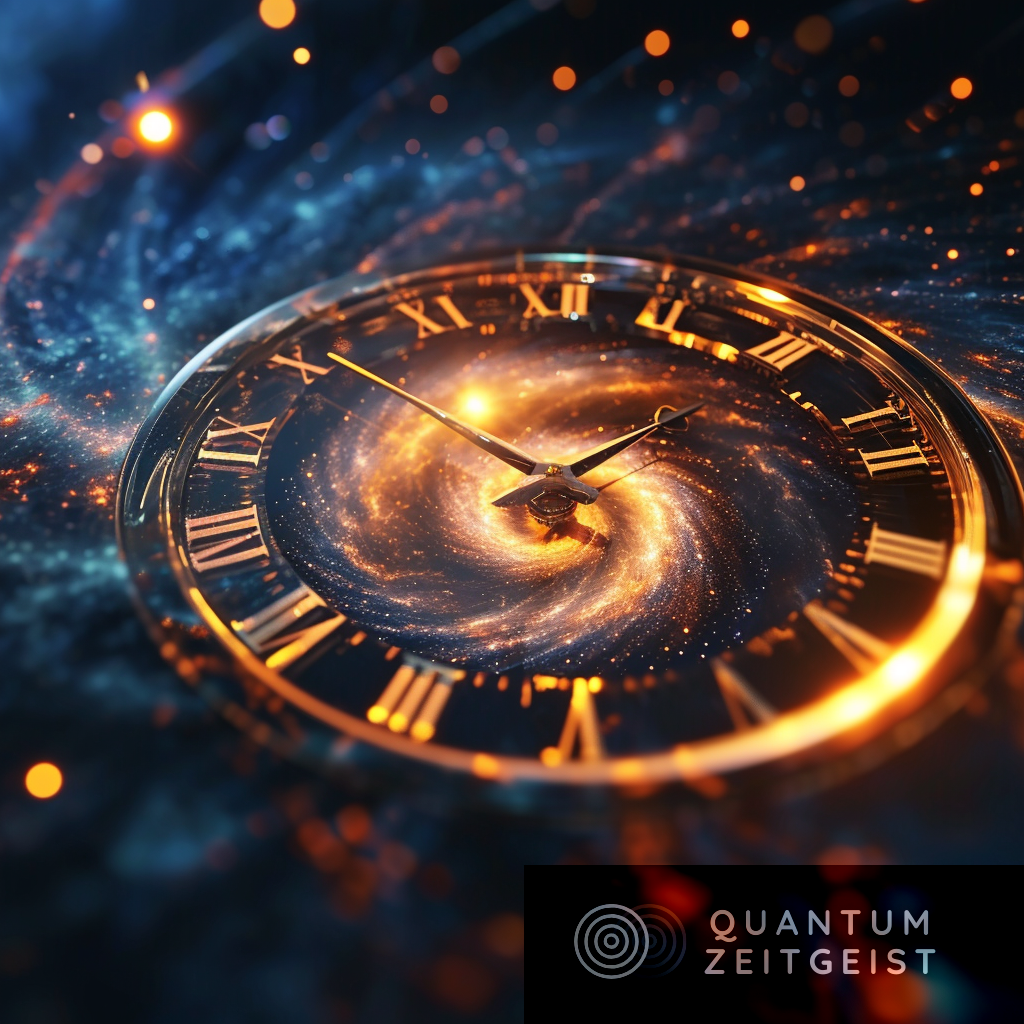Chinese researchers have proposed a new concept of time-traveling quantum gates to enhance quantum computing’s capabilities. The study discusses the potential of breaking physical principle limitations to achieve more robust computation. The researchers consider a new manipulation ability that allows quantum computing to implement time travel in quantum control gates.
This work is an intuitive extension of the quantum gate circuit graphic language and demonstrates an extended quantum algorithm that can effectively solve SAT problems. The results contribute to a deeper understanding of the relationship between computation and physical principles.
Quantum Computing and Time Travel
A team of researchers from the University of Science and Technology of China, Hefei National Research Center for Physical Sciences at the Microscale, and the Shanghai Branch CAS Centre for Excellence and Synergetic Innovation Centre in Quantum Information and Quantum Physics, have been exploring the concept of time travel in quantum computing. The team includes Wang Can, Chen Ming Cheng, and Lu Chao Yang.
Quantum Computing: A Brief Overview
Quantum computing is a powerful computational paradigm that can solve complex problems for classical computing. It expands the range of problems that can be effectively computed within the allowable range of physical principles. This expansion challenges the extended Church-Turing thesis, a widely accepted hypothesis in computer science, which states that a universal Turing machine can effectively replace all physically reasonable computational processes.
Time Travel in Quantum Computing
The researchers have been considering a new manipulation capability that allows quantum computing to implement time travel. This involves using a quantum control gate that can travel through time, a concept that extends the intuitive language of quantum gate circuit diagrams. This work demonstrates an extended quantum algorithm that can effectively solve SAT problems, a classic problem in computer science that belongs to the NP-complete category.
The Concept of Time-Traveling Quantum Gates
The concept of time-traveling quantum gates breaks the order of quantum information flow and cannot be directly implemented physically. However, by interpreting quantum gate circuits as tensor networks, these gate circuits can be equivalently simulated in systems without time travel capabilities. The researchers introduced a deterministic time-traveling quantum gate, the implementation of which requires the use of an auxiliary qubit projected to a specific state after measurement.
Extended Quantum Algorithm for SAT Problems
The researchers designed an extended quantum algorithm that can solve SAT problems in polynomial time. The algorithm consists of three parts: a register for storing Boolean variables of the SAT problem, qubits for marking whether each logical clause is satisfied, and a marking qubit for determining whether all logical provisions are satisfied. The algorithm’s complexity is linearly proportional to the size of the SAT problem.
Conclusion and Future Implications
Physical laws constrain the ability of computers. Quantum computers expand the range of problems that classical computers can effectively compute. By introducing relativistic time travel operations, relativistic quantum computers can theoretically further expand the capabilities of quantum computing. This study’s tensor network equivalent representation method provides a specific implementation scheme for experimental simulations. The researchers anticipate that time-traveling quantum gates will also play a promoting role in other quantum tasks, including the implementation of deterministic non-orthogonal quantum state discrimination and quantum state cloning.
Source: Chinese Physics

